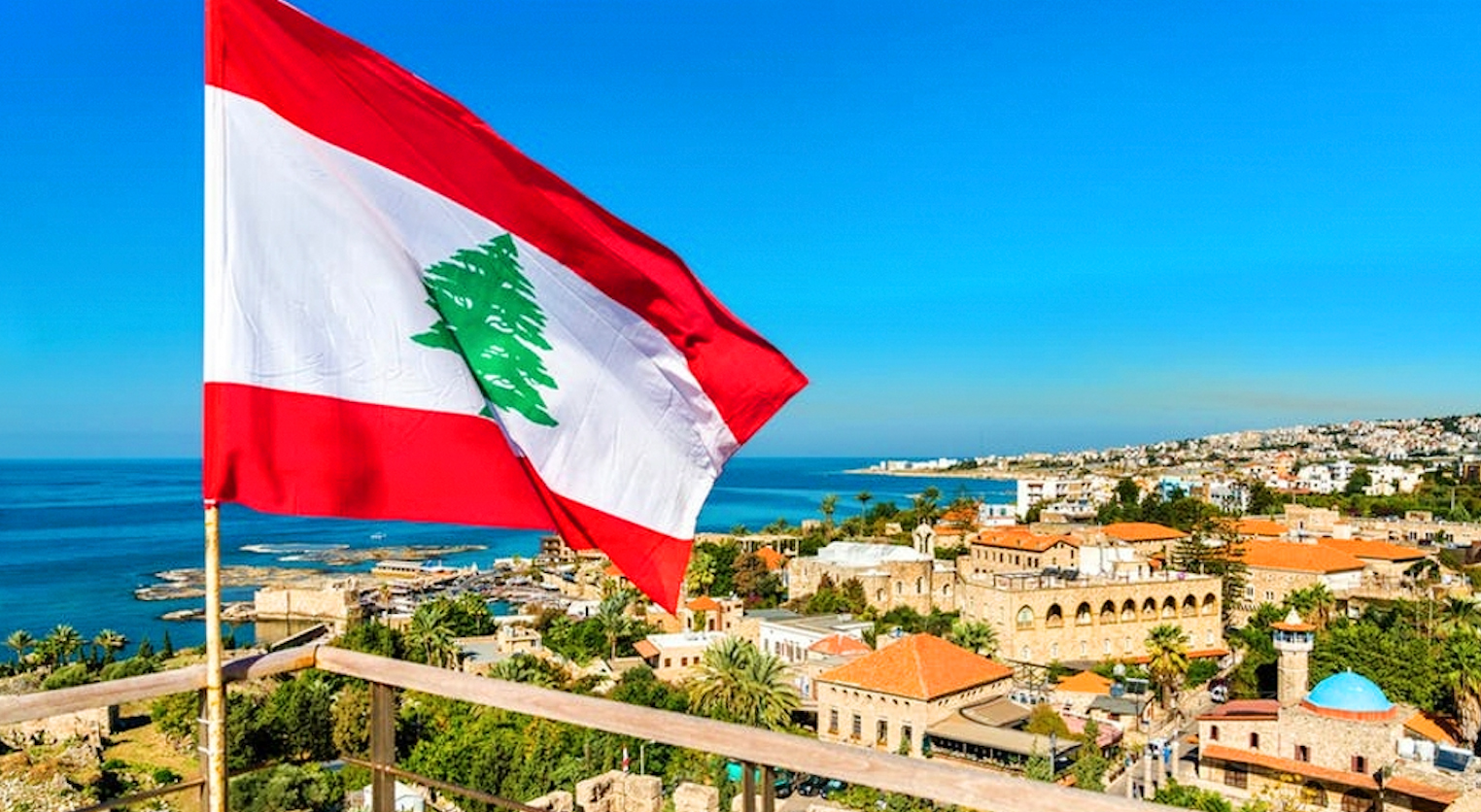As Lebanon’s economic downfall continues, UNICEF estimates that up to 13% of families are asking their children to work.
Qatar has reportedly promised Lebanon to help support its collapsing education sector amid ongoing economic issues, Lebanese media reported on Saturday.
The reports come following a visit by Lebanon’s Education Minister Abbas Halabi last week to Doha, where he met with his Qatari counterpart Buthaina Al Nuaimi.
“We hope that this friendly country will not skimp on us, and it promised us support in order to continue the academic and university year…and we are waiting for a response to our request and we look forward with great hope to achieve this end,” said Halabi, as quoted by Lebanon’s LBC.
Halabi noted that he also held discussions with the Qatar Fund for Development (QFFD), where Lebanese officials reportedly presented a budget that includes financial incentives for university professors, school teachers and administrative staff.
The Lebanese education minister also voiced his concern over the future of the Lebanese University (LU). Halabi stressed the need for the finance ministry to pay all education employees their salaries as staff protest against the ongoing dire situation, with demands for compensation to cover transportation expenses.
“The suffocating crisis that our schools are currently going through, threatens to collapse the educational sector if this is not remedied by securing the elements of resilience for teachers and teachers,” said Halabi.
Speaking to the Qatar News Agency (QNA) during his time in Doha, Halabi praised the Gulf state’s relief efforts in Beirut, especially following the 2020 explosion. Qatar had agreed to finance the restoration of 122 educational facilities in the country.
Crisis-hit education sector
Lebanon’s education sector is among many institutions impacted by the country’s worsening economic situation, which has been exacerbated by the Beirut blast and Covid-19 outbreak.
Public schools are particularly affected by the crisis, with up to 55,000 students moving to public schools in 2020-2021, per figures published by the Lebanese Center for Policy Studies (LCPS).
While private schools cover 70% of the education sector, the economic situation has forced more parents to move their children to public schools instead, per a report by Al-Monitor.
Citing UNICEF, the LCPS said that three in 10 young people in Lebanon have stopped their education as four in 10 reduced education-related spending to save money for essentials.
As Lebanon’s economic downfall continues, UNICEF estimates that up to 13% of families are asking their children to work.
Head of the syndicate for private school teachers, Radolphe Abboud, told Al-Monitor that 10-to-40 teachers have left their posts from every school.
Meanwhile, Halabi told the media outlet that increasing teachers’ salaries and being paid using the Lebanese currency would require the same action for other governmental employees.
Lebanon’s crisis
Lebanon is currently living under its worst economic crisis that has worsened since 2019, with the currency losing 90% of its value to the US dollar.
The Lebanese population is unable to access their savings from local banks as families struggle to make ends meet.
The issue came under the global spotlight again on Thursday when an armed man held bank staff hostage until they released his $210,000 worth of deposits to treat his sick father.
The man previously went to the bank to get part of his savings for his father’s surgery, but was not allowed to do so. The Bank of Beirut later offered him $30,000 of his deposits despite his father’s surgery needing $50,000.







